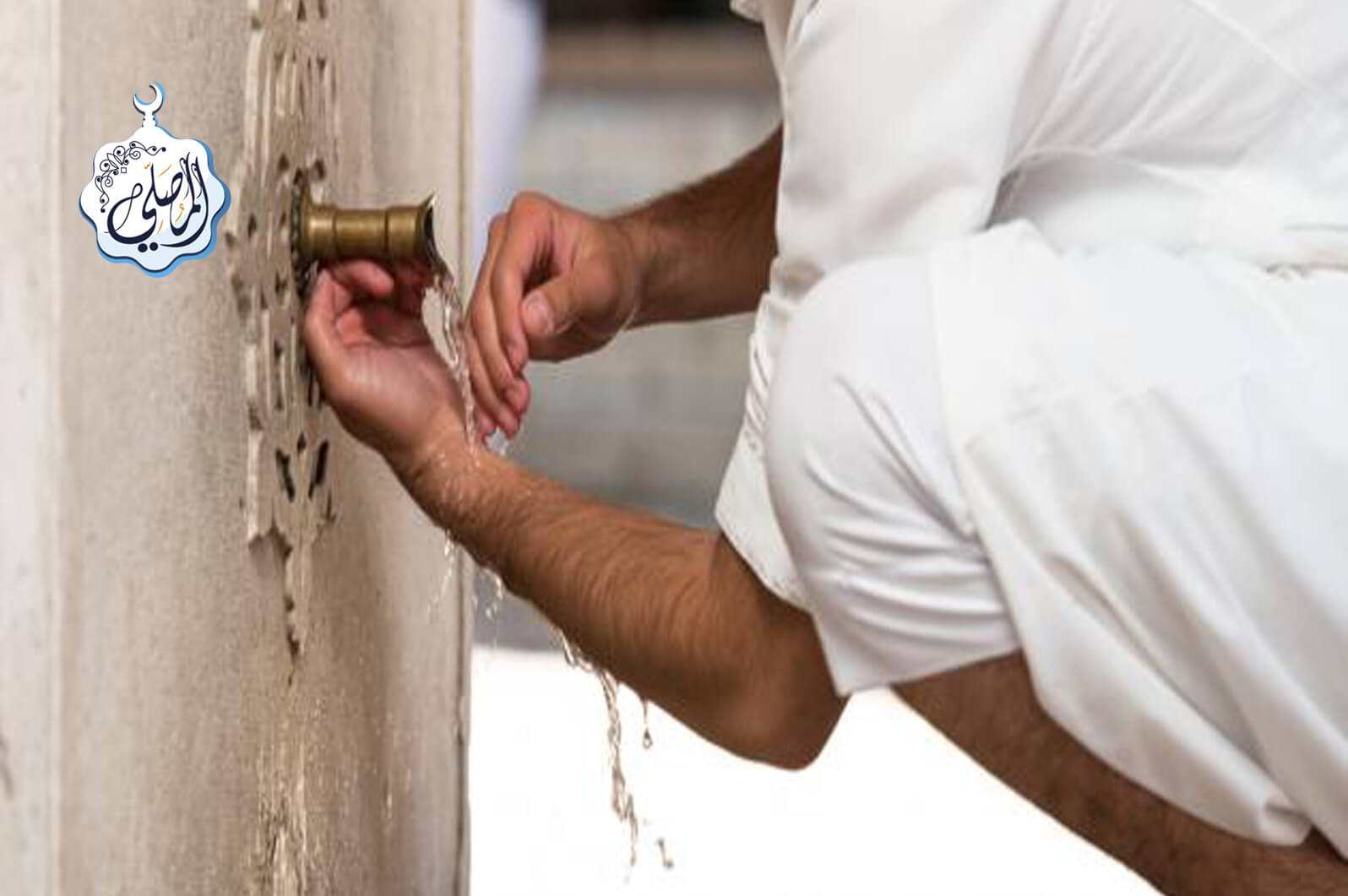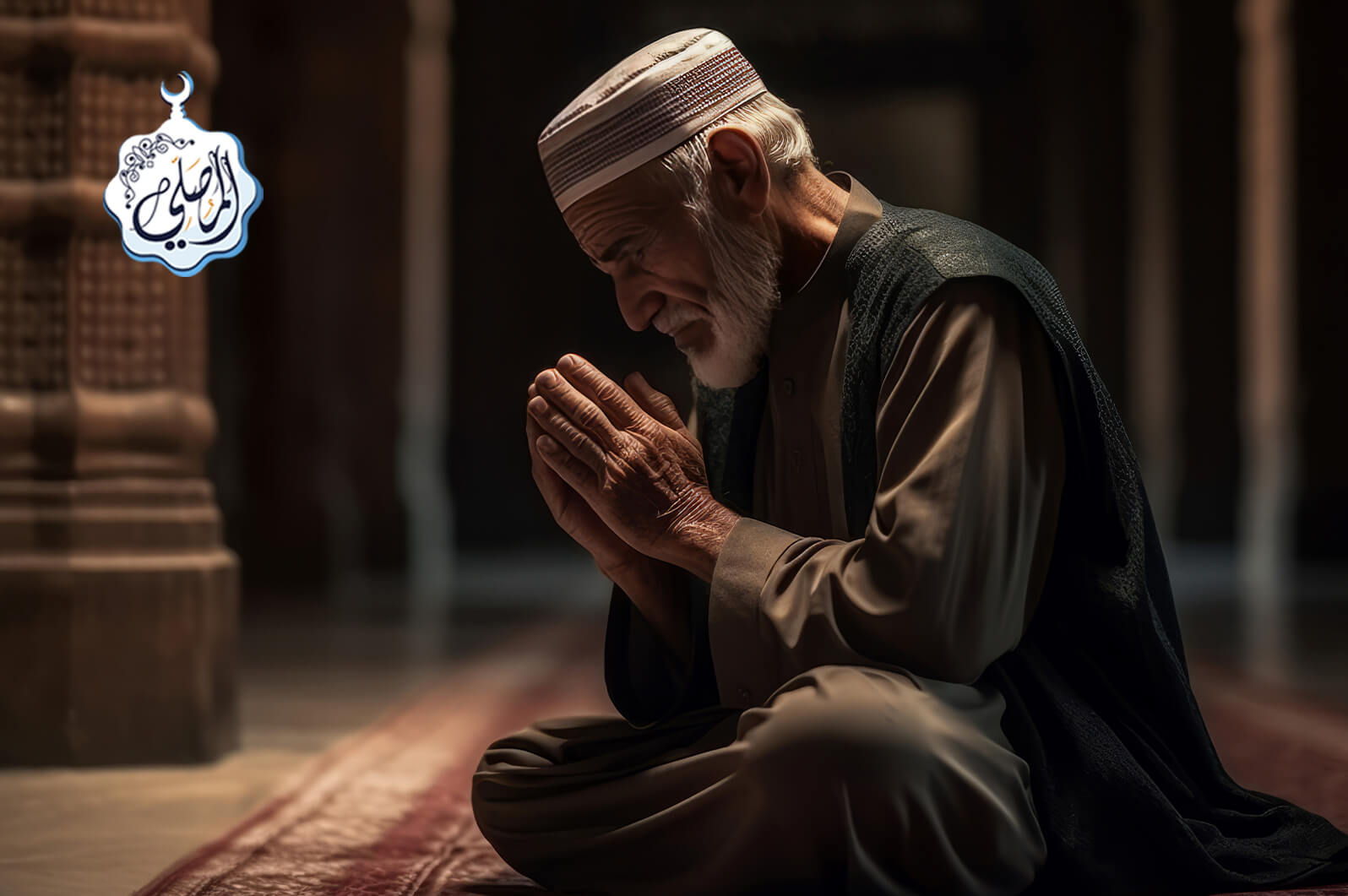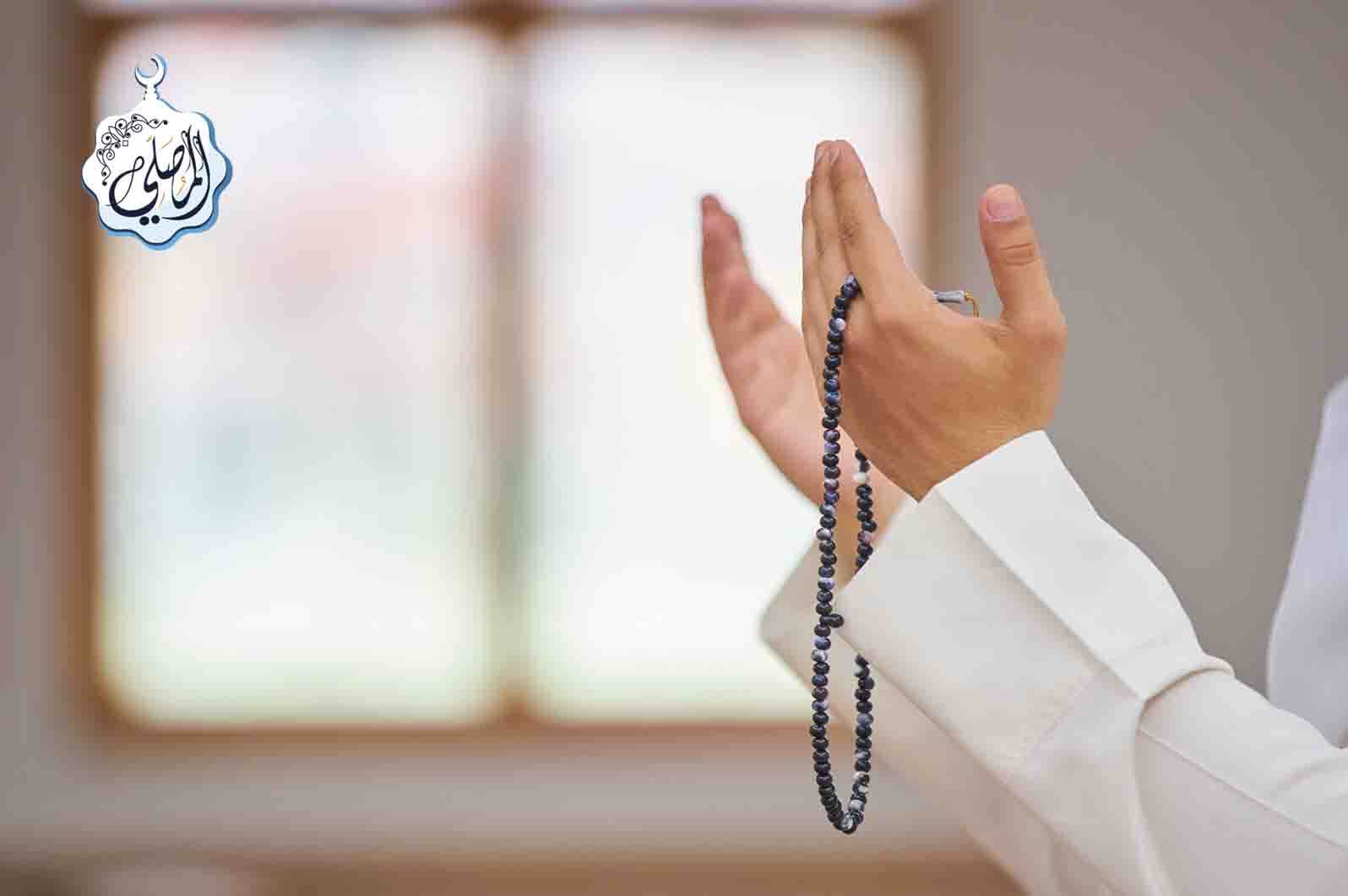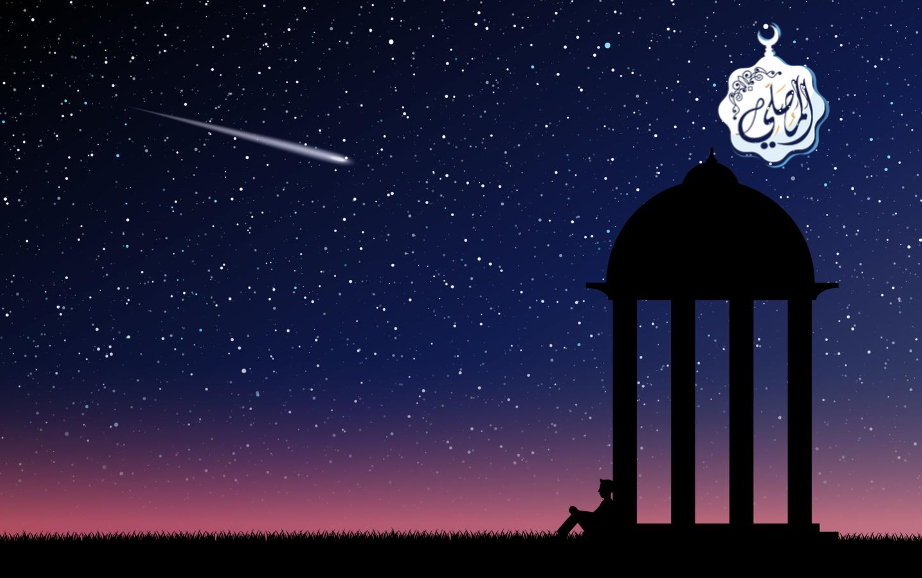
In an era that often glorifies youth and novelty, Islam presents a timeless and divine perspective: the elderly are not a burden to be managed but a treasure to be cherished. The respect and care Islam commands for the elderly—beginning with our own parents and extending to all senior members of the community—is not merely a social courtesy; it is a fundamental act of worship, a means of earning divine pleasure, and a key to unlocking barakah (blessing) in our lives and societies.
Allah says in the Qur'an:
"Your Lord has decreed that you worship none but Him, and that you be kind to parents. Whether one or both of them reach old age [while] with you, say not to them [so much as], 'uff' [a word of annoyance], nor repel them but speak to them a noble word. And lower to them the wing of humility out of mercy and say, 'My Lord, have mercy upon them as they brought me up [when I was] small.'" (Quran 17:23-24)
This article explores the profound Islamic imperative to honor our elders, the wisdom behind it, and the practical ways we can fulfill this sacred trust.
1. A Divine Command: The Status of Elders in Islam
In the Islamic worldview, gray hair is a crown of honor, and a long life is seen as an opportunity to accumulate wisdom and piety. The Prophet Muhammad (ﷺ) directly linked respect for the elderly to reverence for Allah Himself.
"He is not one of us who does not have mercy on our young and does not respect our elders." (Sunan al-Tirmidhi)
This profound statement places honor for the elderly at the very core of Islamic identity. Furthermore, the Prophet (ﷺ) highlighted that honoring those with age is a form of glorifying Allah:
"Part of glorifying Allah is to honor the grey-haired Muslim." (Sunan Abi Dawud)
2. The First Circle of Honor: Our Parents
The first and most crucial recipients of our care are our parents. Their status in Islam is unparalleled, being second only to the worship of Allah.
Obedience and Kindness: We are commanded to obey them in all that does not involve disobedience to Allah and to serve them with the utmost kindness.
Patience and Gentleness: The Quranic command to not even say "uff" (a word of slight annoyance) to them is a powerful instruction in patience. Caring for them in their old age, when they may become frail, forgetful, or demanding, is a test of our character and a means of immense reward.
Dua After Their Passing: Our duty does not end with their death. We are encouraged to make constant dua for their forgiveness, give charity on their behalf, and honor their friends and relatives.
The Prophet (ﷺ) was asked which deed is most beloved to Allah. He replied, "Prayer offered on time." Then he was asked, "Then what?" He said, "Then kindness to parents." (Sahih al-Bukhari)
3. The Wider Circle: Elders in the Community
Our responsibility extends beyond our immediate family to all elderly members of the Muslim community and society at large.
This includes:
Relatives: Uncles, aunts, and grandparents.
Neighbors: Checking on elderly neighbors, ensuring their needs are met, and offering companionship.
Community Members: Showing respect in speech, giving them precedence, and seeking their counsel, for they possess a wealth of life experience.
The Prophet (ﷺ) exemplified this by showing great respect to older companions, even those who were not from the most prominent tribes.
4. The Wisdom and Blessings of Honoring Elders
Why does Islam place such emphasis on this act? The wisdom is multifaceted:
Gratitude to Allah: Caring for those who cared for us is a form of gratitude. It completes a cycle of mercy.
A Source of Barakah (Blessing): Societies that honor their elders are infused with divine blessing, stability, and compassion.
A Lesson in Humanity: It teaches the young humility, patience, and empathy—essential qualities for a healthy soul and a cohesive society.
A Guarantee for Our Own Future: The Prophet (ﷺ) said, "Be merciful to those on the earth, and the One in the heavens will have mercy upon you." (Sunan al-Tirmidhi). How we treat the elderly today is how we can hope to be treated tomorrow.
5. A Practical Guide to Honoring Our Elders
Honor is not just a feeling; it is an action. Here is how we can put this command into practice:
In Deeds:
Prioritize Their Needs: Help them with physical tasks, offer them the best seat, and walk behind them as a sign of respect.
Provide Financial Support: Ensure they have what they need to live comfortably and with dignity.
Offer Emotional Support: Visit them regularly, listen to their stories, and seek their advice. Loneliness is a great affliction in old age; our companionship is a priceless gift.
Be Patient: Repeat information without frustration, overlook any irritability, and respond with a soft word.
In Words:
Speak Gently: Use respectful and kind language. Address them with titles they appreciate.
Listen Attentively: Do not interrupt them. Their stories are lessons from the past.
Make Dua for Them: In their presence and in your private prayers.
In Our Communities:
Mosques: Ensure mosques are accessible to the elderly with ramps, accessible bathrooms, and designated seating.
Programs: Communities should establish programs to regularly check on isolated elderly members.
Advocacy: Advocate for their fair treatment in wider society.
Conclusion: A Measure of Our Faith
The state of a society can be judged by how it treats its most vulnerable members, and its elders are its living library, its repository of wisdom, and its link to the past. Honoring them is a direct measure of our iman (faith), our humanity, and our gratitude to Allah.
Let us strive to be a generation that revives this noble sunnah. Let us look upon the faces of our elders and see the beauty of a life of experience, and in serving them, let us seek the pleasure of the Most Merciful.
May Allah grant us the ability to honor our parents and our elders, to be a source of comfort for them in this life, and to be a reason for their elevation in the Hereafter. And may He grant us the same honor and mercy when we grow old. Ameen.









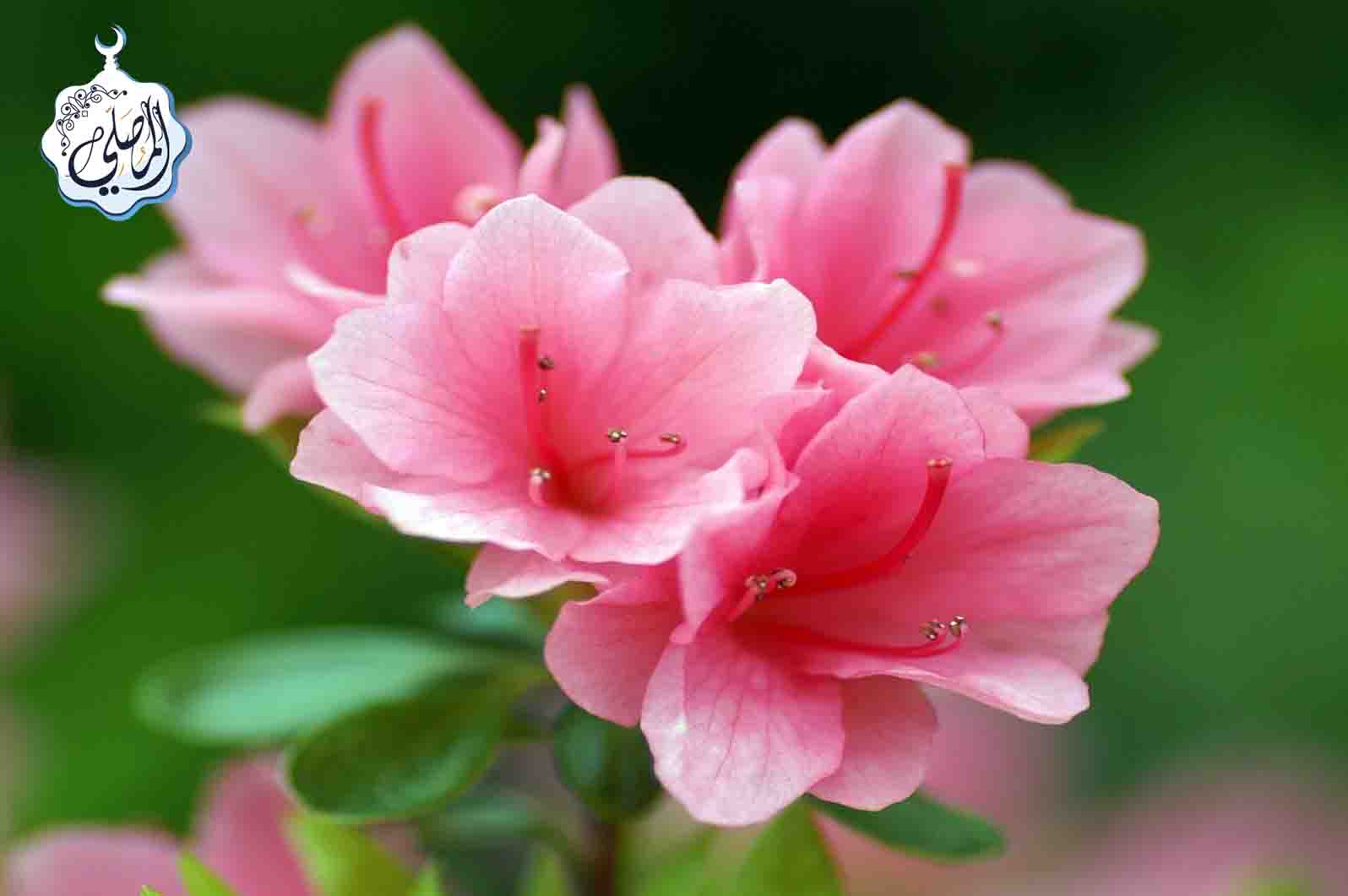
 share facebook
share facebook share whatsApp
share whatsApp share twitter
share twitter share telegram
share telegram copy
copy